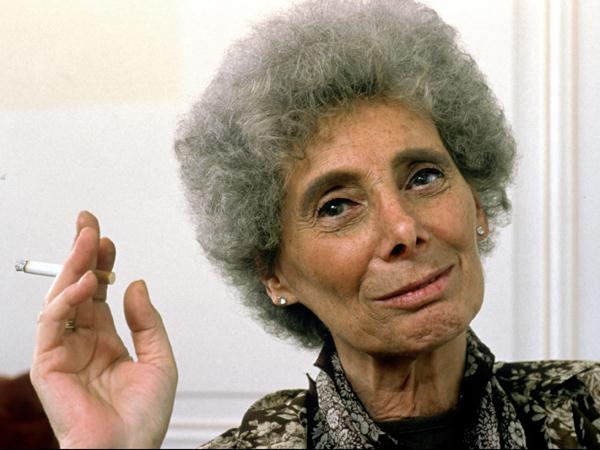
There’s no privacy, there’s no dignity and there’s no violence – although the presence of guards with whips and weapons suggest that once there was. Food is provided in a small but seemingly limitless supply. In this bunker, they speculate that they are underground because there are no windows, but there are no other indicators of time or place. Thirty-nine women are trapped in a cage with one child. Jacqueline Harpman photographed in her home in Brussels, 1996. It was reissued by Penguin Random House UK last year (translated by Ros Schwartz) with an introduction by Sophie Mackintosh, the author of The Water Cure (2018), who writes that the book’s central question is: ‘What does a person become when stripped to the core, raised in isolation?’ Originally published as Moi qui n’ai pas connu les hommes (I Who Have Never Known Men) in 1995, the book first appeared in English in 1997 under the title The Mistress of Silence. Their victories varied: small and ambiguous, revolutionary and hollow.Įventually I got sick of being sent books about women trapped in cults and decided to choose one.

Women were oppressed, abused, subject to absurd and punitive control over every aspect of their existence. Sometimes I recognized the leaders of these sects from real-life, though they were less counterparts than tracings of a familiar shape: men who took power from their daughters or wives, discontented by the universe they inherited, and decided to write the rules of their own world. Back in print for the first time since 1997, Harpman’s modern classic is an important addition to the growing canon of feminist speculative literature.There was a time when I kept getting sent books about women in cults. Informed by her background as a psychoanalyst and her youth in exile, I Who Have Never Known Men is a haunting, heartbreaking post-apocalyptic novel of female friendship and intimacy, and the lengths people will go to maintain their humanity in the face of devastation. Jacqueline Harpman was born in Etterbeek, Belgium, in 1929, and fled to Casablanca with her family during WWII. Soon she will show herself to be the key to the others’ escape and survival in the strange world that awaits them above ground. Watched over by guards, the women have no memory of how they got there, no notion of time, and only a vague recollection of their lives before.Īs the burn of electric light merges day into night and numberless years pass, a young girl-the fortieth prisoner-sits alone and outcast in the corner.


Translated from the French by Ros Schwartzĭeep underground, thirty-nine women live imprisoned in a cage.


 0 kommentar(er)
0 kommentar(er)
